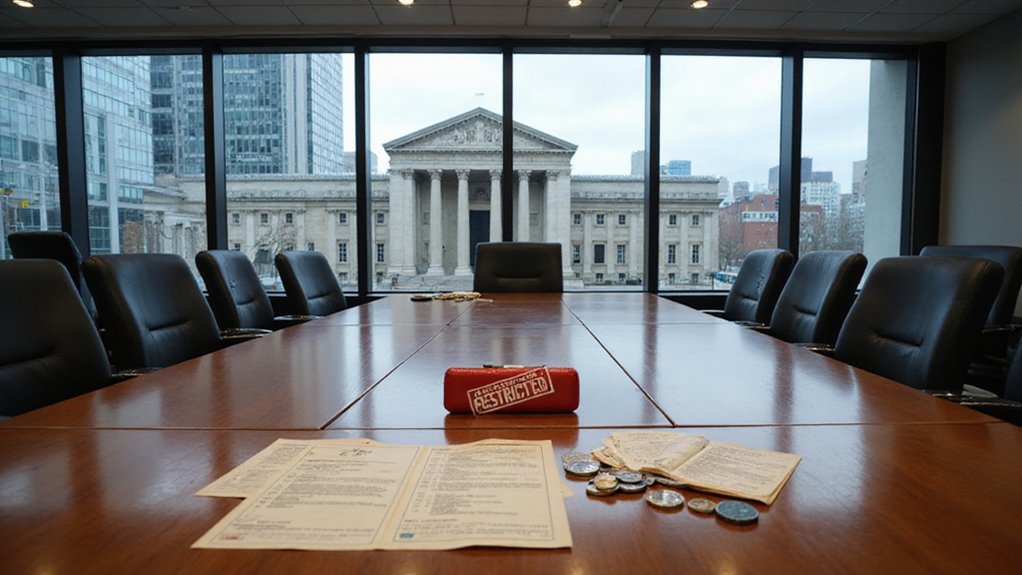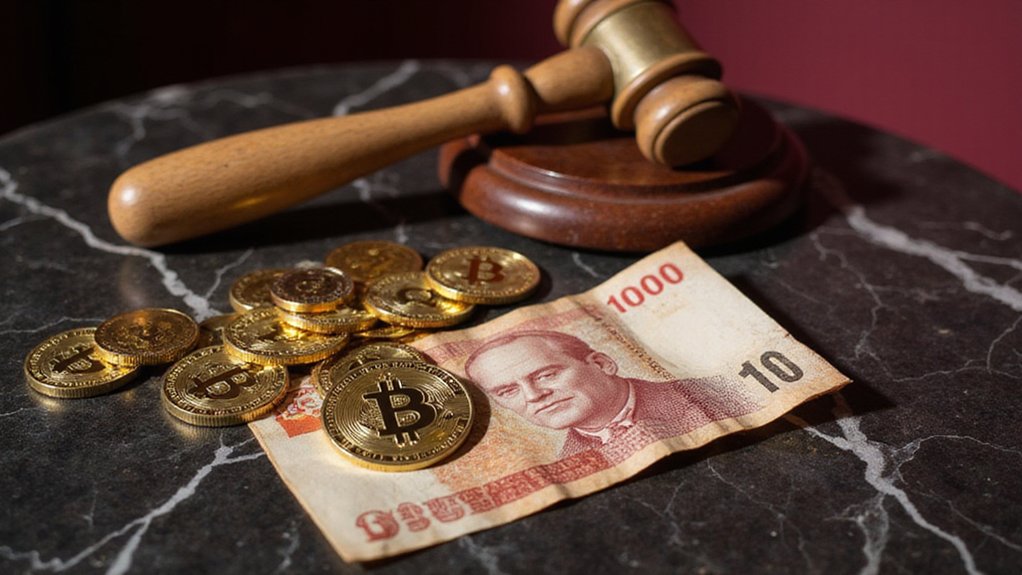The United Kingdom, once known primarily for its stoic financial conservatism, is launching on a remarkable regulatory pivot that could transform it into a global sanctuary for cryptocurrency innovation.
Draft legislation now winding its way through Westminster aims to bring cryptoassets under the umbrella of established financial services regulation, with the Financial Conduct Authority (FCA) shouldering oversight responsibilities for most crypto-related activities—a move that simultaneously signals legitimization and constraint.
This regulatory framework extends the venerable Financial Services and Markets Act 2000 to encompass stablecoins, trading platforms, and custody operations for “qualifying cryptoassets,” while—rather cleverly—excluding genuinely decentralized finance models that lack controlling parties. The recently published near-final draft from HM Treasury on April 29, 2025 establishes a comprehensive financial services regulatory regime for the sector.
The UK deftly stretches old regulatory fabric over new cryptoasset contours while leaving truly decentralized models untouched by bureaucratic hands.
The new regulations would impose KYC procedures on exchanges similar to traditional banking frameworks, requiring collection of personal information to combat money laundering and financial crimes.
(One imagines regulators squinting at blockchain ledgers, attempting to discern whether sufficient centralization exists to warrant their attention.)
Chancellor Rachel Reeves has thrown her weight behind these measures, evidently convinced that robust rules will attract, rather than repel, serious institutional players seeking regulatory clarity.
The approach mirrors the EU’s Markets in Crypto-Assets Regulation, though with distinctly British inflections that may provide competitive advantages in the race for fintech dominance.
International collaboration features prominently in this strategy, with the UK-U.S. Financial Regulatory Working Group exploring possibilities for a “transatlantic sandbox” for digital securities—a diplomatic finesse that acknowledges the necessity of global coherence in cryptocurrency regulation.
For consumers—who have increasingly embraced digital assets despite (or perhaps because of) their volatility—the regulations promise enhanced transparency and protection standards comparable to traditional financial instruments. The dramatic increase to 12% of UK adults now owning crypto in 2024, up from just 4% in 2021, underscores the urgent need for such protections.
The FCA has consistently highlighted crypto-related scams as a particular concern, making consumer safeguards central to the new framework.
The economic calculus underlying this regulatory shift is transparent: by balancing innovation with protection, the UK aims to capture a larger slice of the global cryptoasset pie while insulating its financial system from the sector’s notorious instabilities.
Whether this gambit succeeds depends largely on implementation details—and whether the cryptosphere’s most innovative players find the new rules liberating rather than stifling.









